Self Help for Anxiety- The Ultimate Guide
By Susanna Sweeney, MSC, MBACP, CHT
In this article, I have put together ten steps of self help for anxiety that you can use to change your life for the better.
You don't have to work through them in chronological order, use your own discretion for what stage you are at and what is right for you at this time.
Watch my introductory video first!
These steps don't offer any easy answers- because there are non when it
comes to anxiety. Anxiety is a complex issue. Instead, these steps offer
a comprehensive self care plan that I hope will bring you on the road
with self help for anxiety.
1. Before Attempting Self Help for Anxiety Visit Your Doctor for a Thorough Consultation
My first recommendation is to talk to your doctor and rule out any possible physical causes for the anxiety you are experiencing. WebMD name the following health conditions that can cause anxiety:
- Certain heart conditions such as an abnormal heart rhythm
- Hyperthyroidism
- Any health conditions that cause a lack of oxygen, such as emphysema
- Brain injuries can be linked to anxiety
- Check the leaflets of any medications you are currently taking. Some medications cause anxiety as a side effect.
If
the anxiety you are experiencing has an underlying physical cause, it
will require medical treatment. Discuss this with your doctor.
If the anxiety does not have a physical cause, this article is for you. In that case, very likely, your doctor will bring up the topic of medication. Medication is something you might consider if:
- You need to get over a crisis period
- You find the symptoms of anxiety too much to bear
- You can’t function due to anxiety
- You have tried self help for anxiety and nothing of the many things you have tried has worked
Take into account that every medical intervention has both potential benefits and potential risks. Be clear on what these are.
If
you are considering taking medication, do your research on the
particular medication your doctor is proposing. Very likely the leaflet
for the medication can be found online and I suggest you read it
carefully, taking note of any potential side effects.
Also, there
are many online forums where you can find out how other people are
doing on this medication. Only after this research decide what you want
to do. It’s very important that this is your decision and you are making
it on the basis of being fully informed.
If you do decide to take medication:
- Make sure to monitor closely how you are doing on this medication. Is it beneficial? Are there any side effects?
- The other suggestions in this article around self help for anxiety can still benefit you and further improve your situation.
Taking Medication Does Not Preclude You From Seeking Out Other Therapies
It's important to understand that taking medication does not preclude you from working on your anxiety using other therapies, too.
- Here is a scientific study demonstrating a case study where anxiety hypnosis was used effectively in a case of severe anxiety while the subject was on psychiatric medication. The end result was that the medication was eventually discontinued. The study shows that psychiatric medication can work well in combination with hypnotherapy.
- Find more information on attending counselling below.
2. Supplementation- Powerful Self Help for Anxiety
Before seeking any specific anxiety treatment, you are well advised to
rule out deficiencies in crucial minerals and vitamins that may be at
the heart of feeling anxious, or that may be making matters much worse.
Talk to your doctor about deficiency testing.
But even if you
are not found to be clinically deficient according to blood tests- here
are three supplements that can help to give your nervous system to
operate at full capacity by making sure it is receiving the right
nutrition.
Other sources will recommend a wide variety of
supplements. I have boiled the list down to my top three. These, in my
opinion, are the most commonsense supplements for anxiety that offer the best value for money.
Here are the top three supplements that I recommend to support self help for anxiety:
Magnesium.
Magnesium is my number one g supplement for anxiety. Your body requires
magnesium for a multitude of functions, including regulating sleep,
activating many enzyme reactions, for proper muscle functioning and
improving nerve conductivity. Most people today are deficient in
magnesium.
To get magnesium from your diet, you would need to
include as many green vegetables as possible, such as spinach, different
green salad leaves and broccoli. Most people don’t eat enough of these.
If
you think you may be deficient in magnesium, choose a good magnesium
supplement that is easily absorbed by the body, such as magnesium
citrate. This will ensure you get the best results possible.
As
well as supplementing with magnesium you should then avoid carbonated
drinks and any foods that contain phosphates because these will bind
magnesium and render it useless. Also avoid or at least reduce refined
sugar, coffee and tea because these will leach magnesium from your body.
Vitamin D.
Vitamin D is crucial for optimal functioning of the immune system
and bones but also for proper brain development and functioning. Vitamin
D deficiency can lead to depression and many diverse neurological
problems including schizophrenia.
You can get enough vitamin D by
exposing your naked body to sunlight for 20 minutes a day (without
using sunscreen). If you live in a Northern climate, or sunshine just
isn’t an option for you for whatever reason, make sure you supplement
all year round.
Vitamin B complex.
Many of the B vitamins are
vital for proper functioning of the nervous system. Deficiencies can
cause irritability, short term memory loss, depression, fatigue,
difficulties concentrating, nervousness, and nerve damage.
Taking B vitamins can enhance your mood and improve your energy levels. They will also boost your immune system.
3. Get Support
Anxiety can be a very overwhelming experience. While you may choose to go through the next six steps on your own, practicing self-help for anxiety all the way, I just want to say that sometimes, support can make all the difference.
- There may be a support group in your area.
- You may have a friend who is also struggling with anxiety and is open to setting up support systems between the two of you.
- You could join an online forum or group for support.
- If your sense is that you may need a lot of individual support (if your symptoms are quite overwhelming) consider seeing a professional, such as a psychotherapist or counselor. They will give you individual attention usually for an hour per week and can help you implement the following six steps which can be difficult to work with all on your own.
One of the big benefits of support is that you will start to see that you are not on your own. when you suffer from anxiety, it's so easy to become lost in the intensity of the experience that it can feel like you are the only one in the world going through this. You are not!
Because of the intensity of the symptoms, another common belief by anxiety sufferers is that they feel they are going crazy. You are not. And, with a bit of work and by implementing a few simple tools you can learn to manage that anxiety so you can live a full life again. This is where professional support can really make a difference.
Is there a situation when you SHOULD definitely seek professional help?
Yes. If you are self harming or if you are in danger of doing so, or if you are feeling suicidal, I recommend you definitely seek professional help. You can still practice self help for anxiety alongside availing of professional help- so this guide will still come in useful.
Anxiety Self Help Journals
I have specially designed some anxiety relief self help journals that you can find here.
These journals can accompany you on your journey, help you develop your self awareness around anxiety related issues, self care, self love and help you have a positive outlook and future focus.
Enjoy!
4. Develop a Healthy Lifestyle
Your lifestyle is completely within your control and hence is a good place to start practicing self help for anxiety.
There may be some factors in your life style that are promoting anxiety.
Here are some examples:
Recreational drugs.
If you are taking any recreational drugs realize that drugs may be making the anxiety worse- or may be causing you to experience anxiety in the first place. This may be a good time for you to stop taking these before you experience any other more severe effects.
Alcohol.
Drinking alcohol, too, won’t help matters. Alcohol can increase feelings of anxiety. I suggest you stop drinking alcohol, or at least cut your usage way down to below the recommended weekly allowance. Talk to your doctor and see what they recommend in your case.
Sleep.
Are you getting enough sleep? Not getting enough sleep may cause
you to feel anxiety, or alternatively, may be making matters worse.
Sleep is vital for your nervous system to recover so it can operate at
its optimum.
If you are not getting 7-8 hours a night, but are surviving on less:
- Consider supplementing with magnesium
- Avoid screens starting from at least an hour before bedtime
- Consider doing meditation or yoga before bedtime
- Consider using sleep promoting essential oils such as Lavender and Frankincense before bed
- Reduce stress in your life
Exercise.
Exercise has been shown to work as effectively as medication in reducing the symptoms of anxiety. Exercise produces endorphins and makes you feel you have accomplished something.
If you want to keep it natural, consider including an exercise routine in your day.
Diet.
Junk food, soda drinks and caffeine won't nourish your body and brain, so my recommendation is to cut it out.
Overall, a balanced, healthy, clean diet that gives your body the nutrients it requires will support your recovery from anxiety.
You can find articles on particular anti-anxiety foods on my Pinterest page on the 'Anxiety Self Help' board.
Fun and laughter.
Laughing and having fun has been found to support healing from any health condition. Take it as a must when putting together your plan of self help for anxiety.
Make sure to balance the heavy experience of anxiety
with some fun. Having fun doesn’t require anything complicated, and it
can be had for free:
- Watch plenty of comedy shows or comedy movies.
- Laugh with friends.
- Listen to music and dance around your apartment.
- Take up an enjoyable hobby and spend time at it.
Stress.
I can hear you thinking: “Avoid stress? How will I do that?”
I do hear you.
This is a very stressful world we live in. But stress
promotes anxiety when the stress hormone cortisol is released. And if
stress becomes chronic, it can make anxiety worse.
Here are some things that could be causing you to feel stressed:
- Are you working in a stressful job?
- Are you in an unhappy situation at school or work that is causing you emotional stress?
- Are you under pressure financially?
- Are you experiencing stress in your relationship?
- Are you stressed a as parent?
- Have you recently experienced trauma, such as a car accident or the loss of someone close?
I
suggest you take a close look at your life and evaluate what is
causing you stress. Write all the items on a list.
Then think about each item:
- Are there things in your life you can let go of? (E.g. commitments you don't need?)
- Alternatively: Can you get support? Is there anybody you can talk to about this? (E.g. a supportive supervisor at work)
- Realistically, are there other changes you can make? (E.g. delegate responsibilities to someone else)
- If the stress won’t go away easily, keeping a journal can help to identify patterns and even to develop ideas not only about how to cope better, but also what you can change and how.
- Stress reducing techniques can be very helpful in developing resilience to stress. See are there any courses in your area in mindfulness, stress reduction or resilience, or consider using self hypnosis relaxation techniques.
Reducing stress is crucial self help for anxiety.
5. A Form of Daily Practice as a Self Help Tool
Pick a daily practice to support your well being. Committing to using just one of the forms of daily practice on the list below on a daily basis will make a big difference in your life.
Forms of daily practice to choose from:
Keeping a Journal.
A crucial piece of self help for anxiety involves getting to know how anxiety works in your case:
- Keeping a journal can help you pin down your triggers and patterns and what helps you calm down.
- The simple act of writing things down can be helpful because it frees up mental energy.
- Keeping a journal also helps develop an inner observer or witness- a part of you that can witness your experience almost as if from the outside. This observer technique can help you get to a place where the experience of anxiety no longer has the power to consume all of you.
Ask yourself these questions daily and write the answers in your journal:
- What are the thought patterns that accompany anxiety? Write them down in one column, then evaluate them one by one and write the corresponding reality into the other column like in this example:
|
|
Anxiety Thought: "Nobody likes me and I that's why I feel anxious at parties. The longer I stay, the more I think people don't like me." |
|
Reality: "I judge myself to be unlikable. In reality I have a good few friends who like me, namely x, y, and z. I don't know why, but I do feel anxious during social gatherings. But maybe that could change if I accepted and liked myself better." |
|
Also write about:
- What particular situations trigger you to feel anxious?
- What are the kinds of things that happen just before you start feeling anxious?
- What helps you to calm down when you feel anxious?
If you keep an anxiety journal on a daily basis and once a week go over what you have written all week- very soon, you will see a pattern
emerge that gives you more information. You will learn about what triggers anxiety in your case, what helps, what changes to your lifestyle are necessary for your well being, and much more.
Yoga.
Yoga helps both your body and mind. Yoga can help you feel more
contained. Yoga practice typically ends in meditation which can help
calm your nervous system. Some yoga teachers even recommend special yoga
poses for anxiety. I have articles with further resources on this on my Pinterest page for you, look out for the board 'Anxiety Self Help'.
Mindfulness.
Many mindfulness techniques would be helpful in relation to self help for anxiety. If you read on, I will talk you through a sample mindfulness technique lower down where you develop an inner observer who witnesses your triggers, feelings and actions. This can be very useful. You can gain a bird’s eye view of your life. This can help you better understand yourself as well as put anxiety in context.
Meditation.
There are many different forms of
meditation and all of them will hold some benefit as self help for anxiety. I recommend
Transcendental Meditation (TM).
There is a lot of research around
the benefits of Transcendental Meditation, which stretch from physical
benefits such as an improved immune system to benefits for your mind and
emotions such as improved concentration, much improved containment of
emotions, and reduced stress and conflict in your life.
The
commitment? TM requires you to meditate for 20 minutes twice a day. You
can meditate anywhere, even on a bus or train. It fits easily into a
busy life style. Investing in a TM training is one of the best things
you can ever invest in. I use it myself daily, along with self hypnosis techniques.
Spending Time in Nature.
Getting out into nature is excellent
self help for anxiety. It is one of the most healing and resourcing
things you can do to calm down anxiety.
Walking in the woods or
barefoot on the sand at a beach and breathing fresh air produces endorphins. It’s
good for your body, good for your emotions, good for your mental
health. You can do it as often as you can, but if this is your daily practice, fit it into a regular slot once a day.
If you cannot get out of the city, go find a park. Walk barefoot in the grass. Lie on the grass.
Can you feel how the ground is supporting you?
Self Hypnosis.
Self hypnosis for anxiety can be very effective self help for anxiety that you can use right from the start.
Without spending much money, or even a dime, you can teach yourself self hypnosis relaxation techniques, and put together affirmations to be used as suggestions that can help you to alleviate anxiety (see examples on my Pinterest page on my board 'Affirmations').
You can use such a self help hypnosis program daily to teach your system to relax, to teach yourself to change the type of thinking that triggers anxiety for you, to foster positive emotions and to help you be more present in the moment.
You can design a special self hypnosis routine to be used during anxiety attacks which can help you to maneuver them safely.
Over time, you can look forward to a decrease in intensity of anxiety, and to an improvement in your quality of life. Check out this success story of someone who achieved just that using suggestion hypnosis alone.
6. Healthy Boundaries are Self Help for Anxiety
One definite pattern emerging from my client work is that for many people anxiety is linked to feeling out of control. Are there
areas in your life, such as certain relationships, where you feel out of
control?
One such example is if you find it hard to draw boundaries.
- Do you find it hard to say no?
- Do you people-please in order to be liked by everyone?
- Do you go along with things for the sake of peace, even though you are uncomfortable?
- Do you settle for less for the sake of preserving a friendship/ relationship?
- Do you tend to put yourself last?
Re-evaluate your boundaries and start saying ‘No’ more often. You might dread saying no, and it might be difficult to get started with it, but once you do, notice how liberating it can feel.
If you find this step difficult, having support maybe even from a professional may be really helpful here.
Find out About Anxiety Hypnosis and my Dedicated Anxiety Clinic
- Discover how anxiety arises and can affect you in my article on hypnosis therapy for anxiety.
- Find out the benefits you can expect from anxiety hypnosis.
- Find out what the recovery process looks like from a real client example when you use hypnosis for anxiety.
- Find out how you can support yourself with self help for anxiety.
- Find out about self hypnosis for anxiety.
- Find out what social anxiety hypnosis could do for you.
- Find out about other emotional and physical issues that healing with hypnotherapy is suitable for.
- I offer hypnotherapy for anxiety in my clinic that is dedicated to reducing symptoms fast, find out how it works and what you can expect.
7. Develop and Nurture Self Compassion
Many people who suffer from anxiety reach their turnaround point when they start developing self compassion. Practicing self compassion is great self help for anxiety.
How do you know that this is important in your case?
Think about the following points:
- Do you expect too much from yourself?
- Are you perfectionistic?
- Are you hard on yourself?
- Do you judge yourself?
For
example, don’t judge yourself for experiencing anxiety. You are already
having a hard enough time having to put up with the symptoms of
anxiety.
Realize that there isn’t anything wrong with you for
experiencing anxiety and there is nothing you are doing wrong that is
causing this. Somewhere in your story there will be a reason for why you
suffer from anxiety. (Have a look at my article ’Hypnosis Therapy for
Anxiety’ where I use a real life example to illustrate how anxiety can
arise.)
Go gentle on yourself with other issues, too.
For
example, do you have a need for everything you do to be perfect? If it’s
not entirely perfect, do you consider it a failure?
Develop kind
thoughts and feelings towards yourself. Curb that all-too-common inner
critic. Keeping a journal can be helpful here to help you notice and
keep track of any such self-bashing habits you may have developed.
Catch
yourself and correct the messages you are giving to yourself. Turn them
around into positive statements. “I am just not good at ...x...” becomes
“I would like to develop...x...”. “I did ...x... wrong.” Becomes “What I
am learning here is that...”.
You will be surprised at the far
reaching effects of developing self-compassion. Self compassion can help
you to reduce the symptoms of anxiety by a great deal.
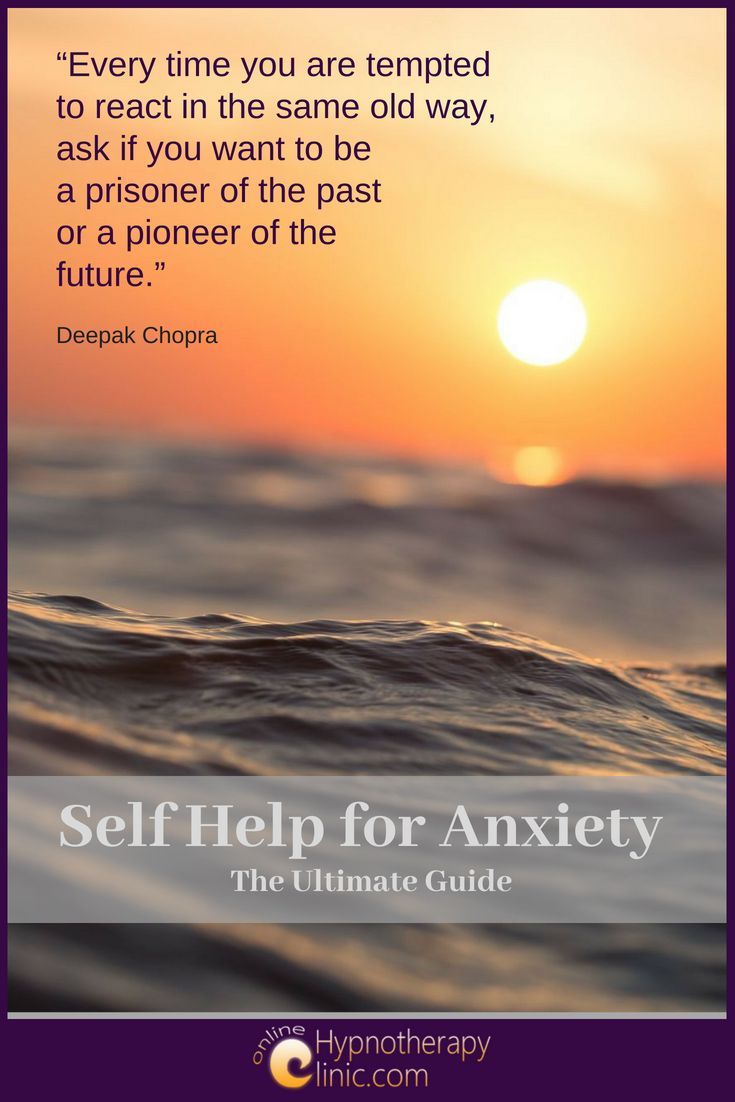 Anxiety thoughts can seem overwhelming, but with a bit of distance you can start to see they are not reality.
Anxiety thoughts can seem overwhelming, but with a bit of distance you can start to see they are not reality.8. Develop an Internal Witness
When practicing the
previous seven self care steps, you will have started keeping a journal,
and you will have written about:
- how you are feeling
- what you are thinking
- what you are doing
- what the triggers to anxiety are
- what helps you alleviate anxiety symptoms
Now you can start using this ground work to build present moment techniques. Why? When anxiety becomes intense, the only safe place to be is in the present moment.
But how do you get into the present moment?
Here is a simple yet powerful mindfulness technique to help you: Start developing an internal witness. Visualize this witness as a small part of you which sits on your shoulder and watches everything that is happening:
- Things happening inside you, such as thoughts and emotions
- Things happening outside you such as sounds, sights and smells around you
Developing such an internal witness takes a small bit of practice but is really worth the effort. It will help you to stop being completely consumed by the
experience of anxiety. Instead, as well as experiencing it, you will be
able to see it from a more removed point of view.
Once you have a
degree of mastery with this practice, you can introduce another new
concept for the witness to mindfully take notice of. This new concept
are body sensations.
9. Arrive in Your Body for Effective Self Help for Anxiety
The Default Response
When we experience distress, the default thing most people do is to cut off from their body. They get stuck in the head. What do I mean by that?
Think about these points:
- When you experience anxiety, are your thoughts in overdrive?
- Are you aware of your surroundings when you experience anxiety? Are your senses (smell, hearing, sight, touch perception etc.) switched on or off?
- When you experience anxiety, can you feel your feet on the ground or where your buttocks touches the chair you are sitting on?
I bet you that your thoughts are running wild and that rather than feeling body sensations, you are likely mostly 'freaked out' by them.
And
when you are freaked out and panicked, you are in your head. For a
moment, let's look at what your mind will do when you feel anxious.
a) Your mind trying to make sense of what stimulus in the outside world caused the anxiety.
When thinking about why you feel anxious, your mind may well have INTERPRETED a small thing that happened, such as a throwaway remark someone made, as the cause of the anxiety symptoms.
The difficulty with that is that in reality, this remark was only a TRIGGER, not the root cause. In reality, the root cause of why you feel anxious is not visible to you right now because it's buried somewhere way back in your subconscious mind- the real cause of that anxiety is INTERNAL. (If you don't believe me, check out Jenny's story in my article "Hypnosis Therapy for Anxiety" which will illustrate this further.)
So, if the cause is internal, trying to make sense of it in relation to the outer world is not helpful.
b) Your mind trying to make sense of what YOU did to attract these unpleasant feelings of anxiety
And this is how things typically play out when people look for the internal cause of the anxiety they are feeling:
- If only I hadn't said x I would not be feeling anxious.
- If only I had been prepared...
- If only I was more disciplined...
- If only I was more like x...
- ...and so on...
Making sense here will look for what you have done wrong to attract this unpleasant emotion. But this idea also is no good to you. Why? It typically will only lead you down one avenue- self blame. Being hard on yourself.
And
being hard on yourself will, in turn, increase anxiety. If this is what
happens to you, go back to step seven (self compassion).
So you can now see how the default process of making sense that your conscious mind goes to when you feel anxious is not helpful at all.
Learning to be in your body
So let's look at the alternative to the above- being in your body- the one place you have most likely been diligently avoiding during anxiety attacks.
Why would you want to be in your body? Because being in your body and being able to sense exactly what is going on WITHOUT interpreting the sensations in some fearful way is a powerful way of making you present in the present moment. And, as I already said above, being present in the here and now will help with managing panic and anxiety.
Once you can feel your body sensations without jumping to meaning (i.e. 'I have been a bad person', or 'I will die'), you will realize they are just body sensations, nothing more.
So, what are body sensations and how do you identify them?
To identify body sensations, ask yourself: How does my body tell me that I
feel anxious right now? The answer to this question should contain only
body sensations. Body sensations are the language of the physical body.
Here are some examples for sensations which may underlie anxiety:
- Lump in throat
- Tense chest
- Palpitations
- Hard to breathe
- Shallow breath
- Weight on chest
- Tension all over
- Tension in certain body parts
- Butterflies in the stomach
- churning or nausea in stomach
- An energy rising from the stomach upwards
- Pulling, drawing or clenching sensation
- Impulse to run away
- Sensation of lightness as if lifting slightly off the ground
- A temperature change, such as hot or cold flushes
A
funny thing will happen once you can identify and clearly focus on body
sensation- anxiety won’t feel as overbearing.
You will start experiencing the sensations in the present moment. Your attention will be shifted from the fearful thoughts that drive anxiety to the present moment sensations in your body. In other words, you will sink down into your body, rather than spin off into fear.
You will discover that in the present moment things are usually bearable.
You may be experiencing uncomfortable body sensations, but you are alive and breathing, and you will see that in the here and now, there is no real danger. Stay with these body sensations. Observe them. Notice if they change, or stay the same. And that is all you have to do- just to witness the body sensations as they are unfolding internally.
Take my word for it: Those uncomfortable body sensations have a beginning, a peak and an end. All you have to do is sit out the anxiety attack. Now you have a method to pull yourself
back from fearful thoughts. Get your internal observer or witness to remind you to check your
body sensations.
Staying with anxiety on a sensation level can help you contain the experience much better and start feeling safer while experiencing anxiety. This is very practical self
help for anxiety.
Another important element here is for you to enjoy being in your body. Think about what activities make you feel good physically- and spend time doing just that.
10. Develop a Positive Vision of the Future
This will probably be the most challenging of my steps of self help for anxiety.
This step is inviting you to separate yourself from making anxiety part of your identity. What do I mean by that? Really think about how you relate to your experience of anxiety, for example:
- Do you call it MY anxiety?
- Do you somewhere expect it to stay around for the long haul?
- Are you submitting to the idea that you will have to take anxiety medications for the rest of your life?
When
something is part of your identity, you are inviting it to stay around
for the long haul. Is that what you want?
Hear this: You are more than anxiety. You are a beautiful human being with hopes, dreams, feelings and goals. You deserve to make them reality.
How would it be to develop a positive vision where you are fully in control of your life and feeling fulfilled?
Build meaning in your life. Find your purpose and start working towards a goal.
- What are your secret dreams?
- What do you want to achieve?
- What is your ideal living situation?
- What is your ideal job?
Dare to dream again. Dare to develop a positive vision. Actively visualize this at least once a day. Imagine it in as much detail as you can. How will achieving this vision make you feel? Feel the positive feelings. Going through this process is excellent self help for anxiety.
Having a sense of meaning and working towards a goal can put anxiety into context. It stops it from dominating your life.
And remember this: Whatever you can imagine, you can achieve.
Getting rid of anxiety symptoms through hypnotherapy
Your positive vision might well include shedding the symptoms of anxiety. Hypnotherapy can help here.
Once you are some way on the road with the steps in this guide and your symptoms stop being out of control, hypnosis for anxiety using regression hypnosis becomes an option. Regression hypnosis can help you to push the boat out a bit more and move towards becoming symptom free. This will involve the help of a professional hypnotherapist. See my recommendations here on how to get the best out of life regression hypnosis.
Here is to your speedy recovery.
More About Hypnotherapy for Anxiety
Can Hypnosis Help With Anxiety?
Find an answer to your question in this article so you can decide if hypnosis treatment for anxiety might be for you.
Hypnotherapy for Anxiety- Reduce Your Symptoms Fast
My dedicated anxiety clinic is designed to reduce anxiety symptoms quickly and from the comfort of your own home. See how it works.
Anxiety Hypnosis- 7 Massive Benefits for You
In praise of hypnosis as a superior tool for healing from deep emotional issues, I have compiled an article on the 7 most prominent benefits anxiety hypnosis could hold for you.
In this article I go into detail- using an example from my client work- illustrating what anxiety is, how it develops and how you can heal from it using hypnotherapy.
Hypnosis for Anxiety- The Recovery Process
In this article, using an example from my client work I talk you through the recovery process from anxiety. Get an idea about what is involved in hypnosis for anxiety, how long the process is expected to take.
All About Social Anxiety Hypnosis
Do you think you may be suffering from social anxiety? In this article find out what social anxiety is, how it can arise, and how social anxiety hypnosis can help you.
Self Hypnosis for Anxiety- 8 Wonderful Benefits for You
Find out what major benefits self hypnosis for anxiety has to offer you over attending a hypnotherapist and over other forms of treatment so that you can decide if hypnosis may interest you.
More About Anxiety and Trauma
A new science of traumatic encoding of traumatic memories that finally gives answers as to how we can undo the often devastating effects of trauma.
All my clinical work is focused on dismantling the impact of trauma symptoms going back to traumatically encoded events big and small. See for yourself the wide range of symptoms that can be associated with trauma.
Find out from Dr. Ruden what happens in the brain at the moment of traumatization to make the associated encoding permanent. See ways to decode it.
Heal Anxiety with Havening Techniques®
What is Havening and how Can it Help you Change Your Life?
Find out about a novel psychsensory treatment we combine with hypnosis which can help you clear trauma, fears, phobias, anxiety, low self esteem and more while also supporting you in building resilience and positive emotions.
Havening Techniques- Interviews with the Founding Fathers
Find out about the history of Havening and what sets it apart from other forms of psychosensory treatment and hypnosis.
Self Havening- How to use this Powerful Self help Tool for Best Benefit
Find out how Self Havening could help you change your life for the better , and learn how to use it the right way so that you can get maximum benefit.
I hope you have found this article on self help for anxiety useful. Let me know how you are getting on in the comments below.
Regards,

Recent Articles
-
Havening Technique Training auf Deutsch
Apr 18, 25 02:59 AM
Havening Technique Training auf Deutsch- Details und Buchung -
Client Testimonials
Oct 06, 23 06:08 AM
Client Testimonials of my Online REPAIRenting® Program that uses various psychosensory approaches for safe and quick transformation -
Smoke Free Thanks to This Amazing Resource
Aug 02, 23 09:26 AM
Oh thank you for this simple resolution to all my worries! I feel like I have had a weight lifted off my shoulders. It is like cheating on giving up smoking.
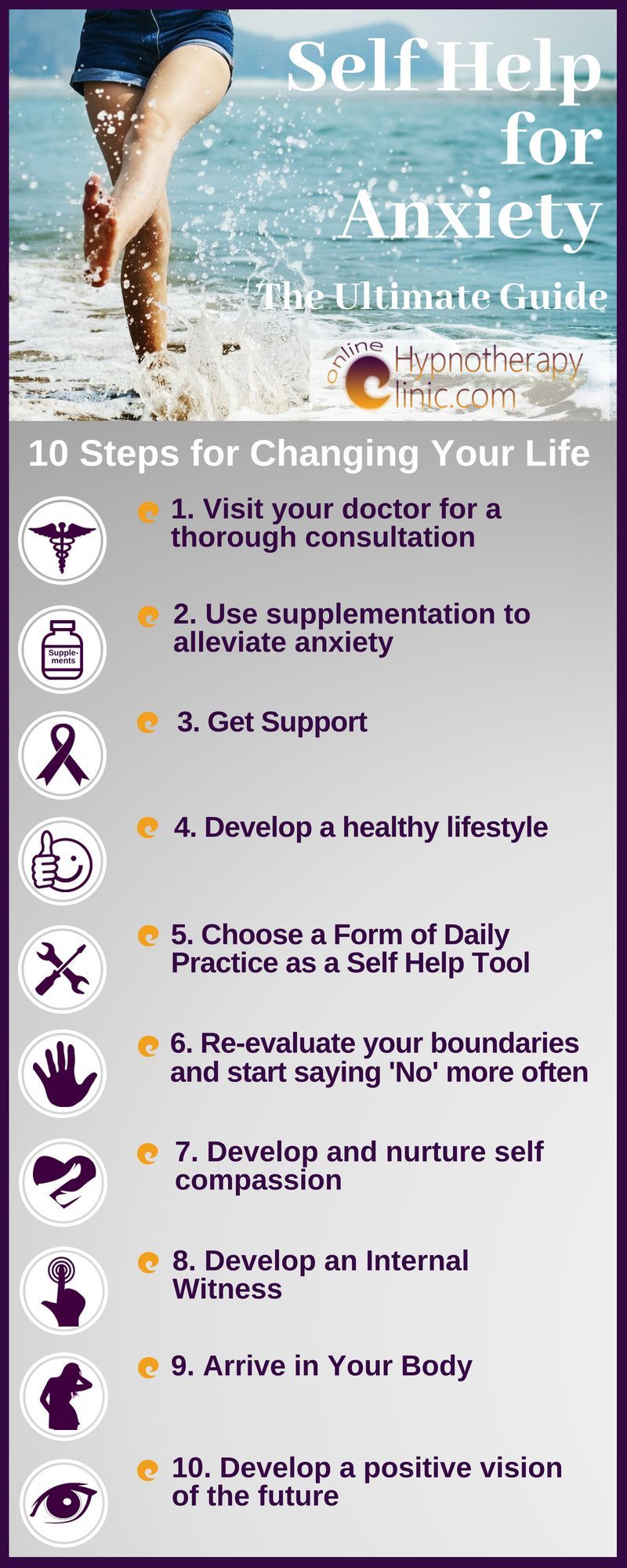
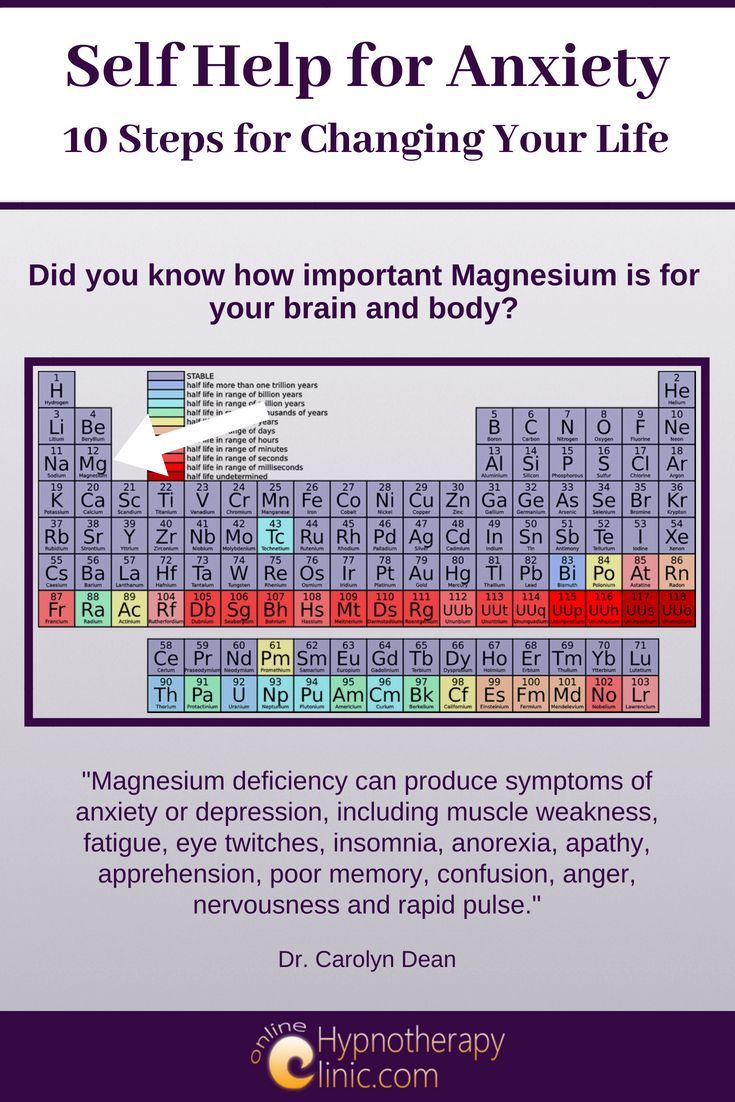
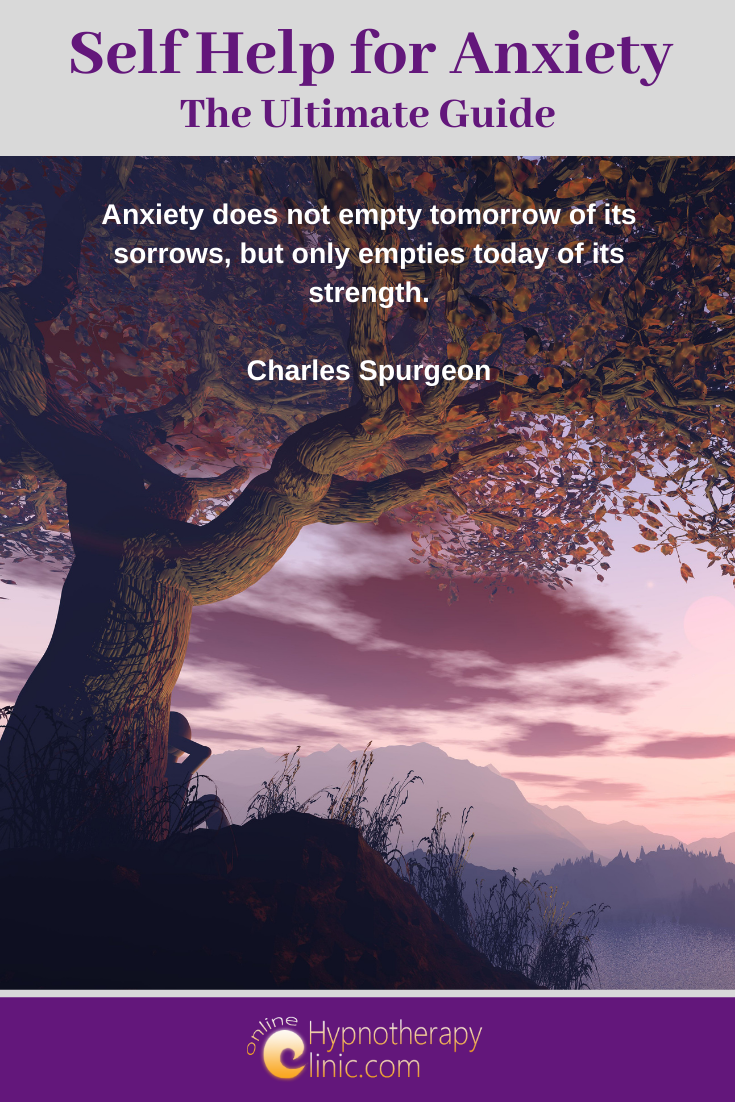
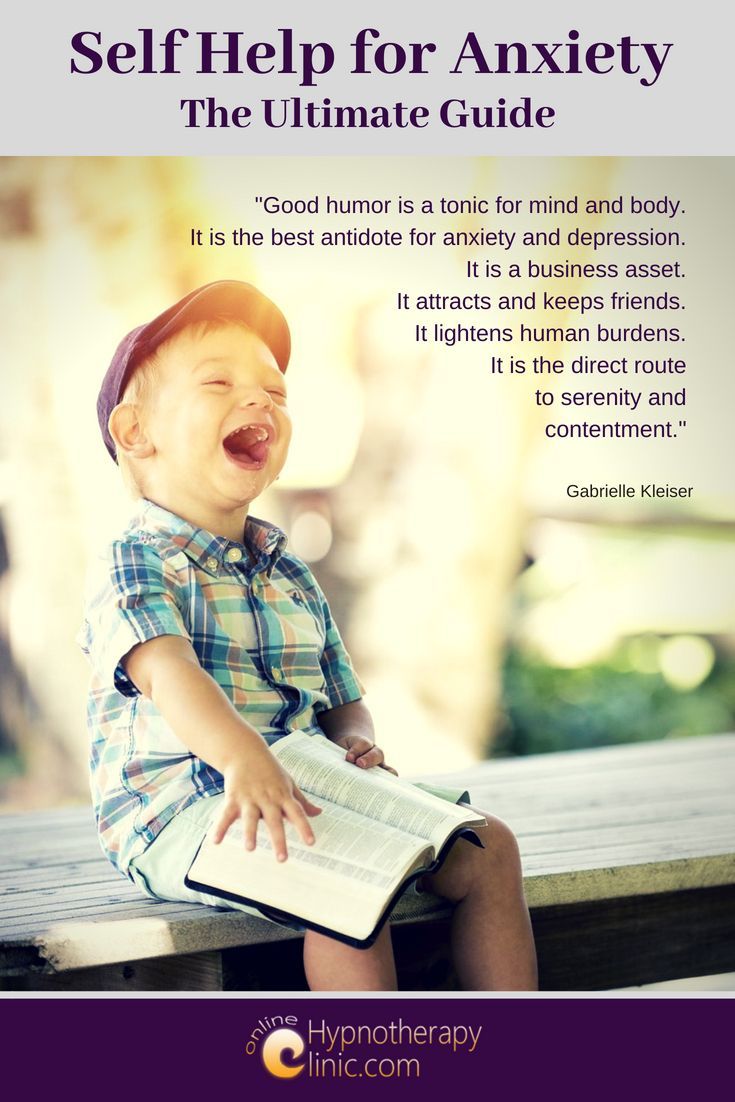
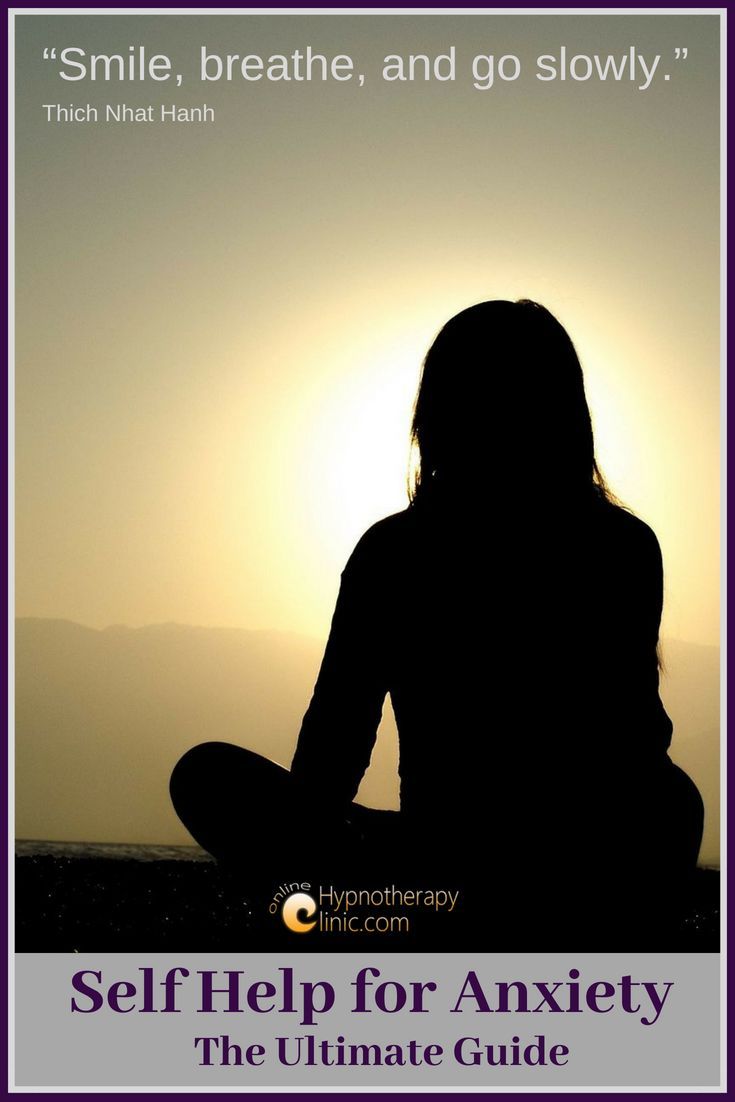
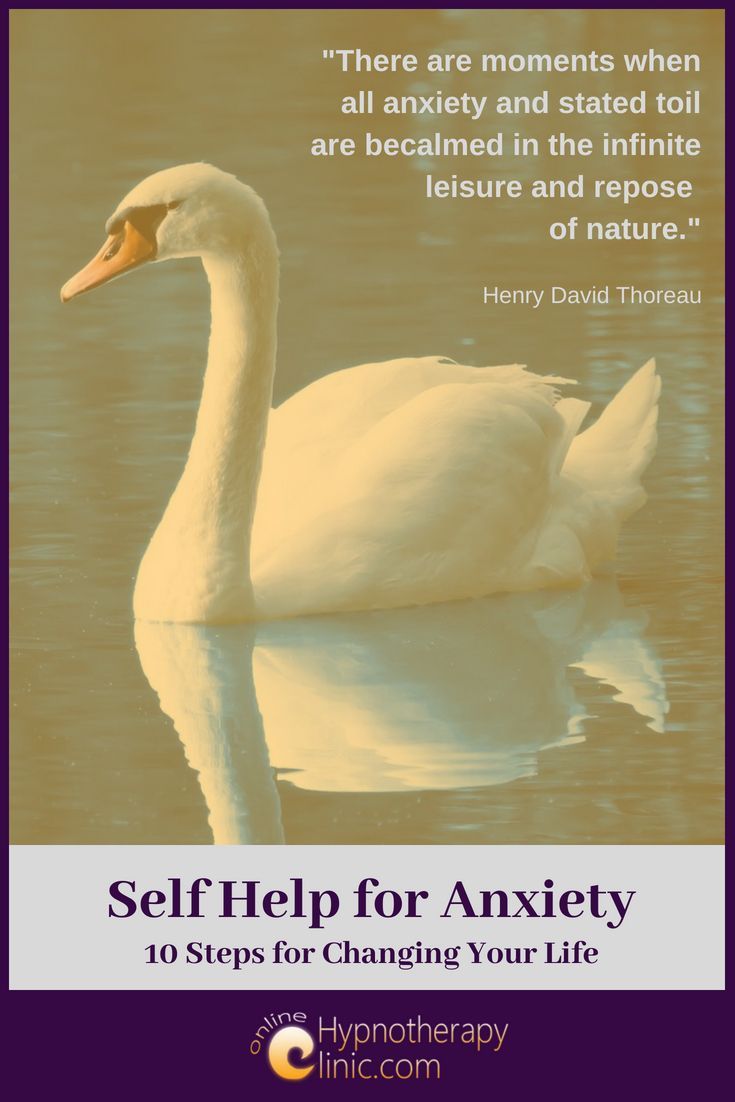
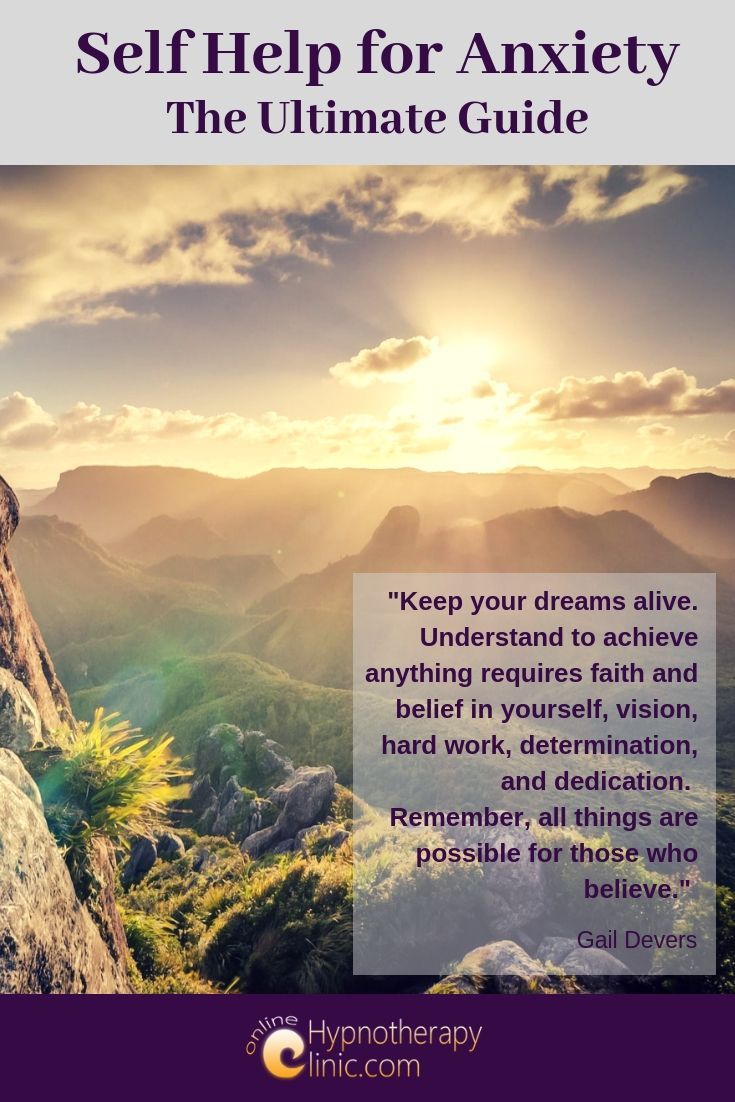

New! Comments
What do you think? Leave a comment in the box below.